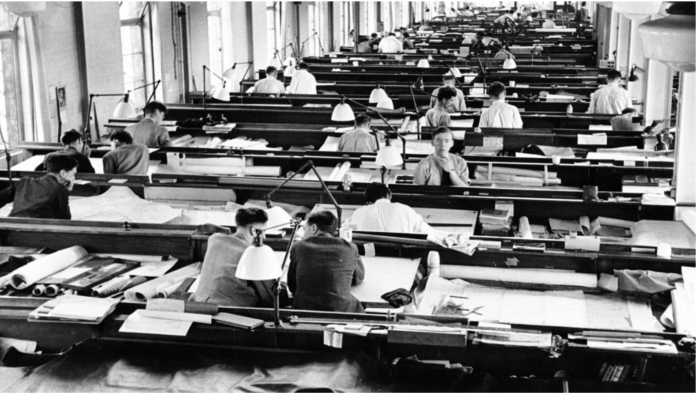Summary
Natural light matters: research by Mirjam Muench has found that those work under artificial light become sleepier earlier than those who work in natural light.
Studies of people with and without views of nature – as opposed to either no views, or views of built environments – have found that a view of nature makes workers less frustrated, more patient, more productive, and physically healthier.
But an open office has downsides. A 2013 study from the University of Sydney found that a lack of sound privacy was far and away the biggest drain on employee morale. Further, a 2014 study by Steelcase and Ipsos found that workers lost as much as 86 minutes per day due to noise distractions. Almost any office worker could share a story or two about annoying, loud, or obnoxious distractions – whether it be a coworker, a loud printer, a noisy heating and air conditioning system, or the ring of a cell phone.
Analysis
Understanding the pain points of an office environment are crucial in defining ways to encourage productivity in communal spaces. This article highlights nature and natural light as positive factors in an office space, two aspects that will be ingrained into the outdoor work experience. However, the biggest take away was the information surrounding a lack of sound privacy and its impact on the worker. The research in this article helps solidify the need for sound management in an outdoor work space because distracting noises prove to be a drain on morale. In order to create a space that boosts moral, to contrast the article, the space should implement sound absorption mechanisms to cut down on the 86 minutes of lost productivity due to distractions.




